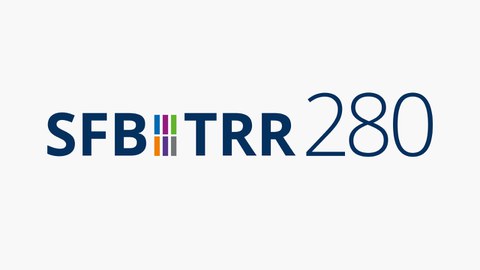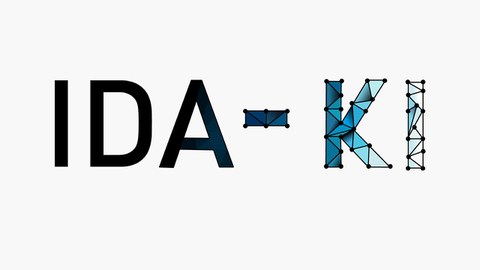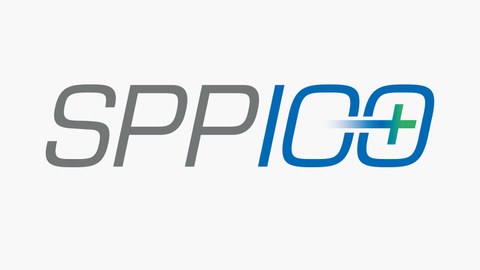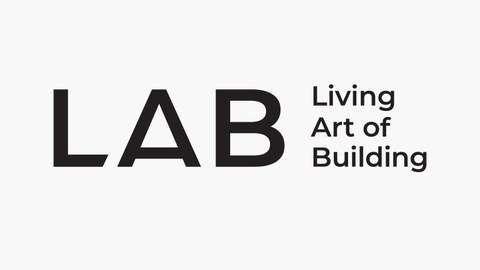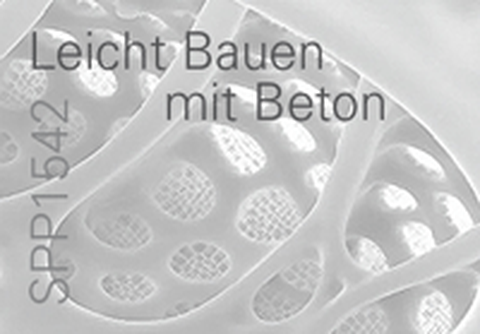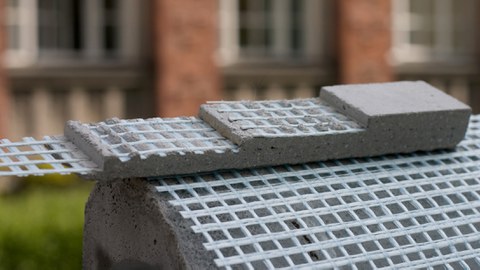Large-scale research projects
Large-scale research projects offer the great opportunity to involve a wide variety of partners from science and practice in often interdisciplinary networks, to use synergies and to establish and maintain networks, and thus to generate a measurable social and personal impact that goes beyond the mere results of an individual project. In addition, DFG-funded coordinated programs in particular can provide sustainable, intensive and structured support for early-career researchers. This is why the initiation, management and participation in large-scale projects are an inherent concern of the IMB.
The DFG-funded SFB/Transregio 280 "Construction strategies for material-minimized carbon concrete structures - foundations for a new way of building" (since 2020) is coordinated by our Institute. In addition to TU Dresden, RWTH Aachen University, IPF Dresden e.V. and the Botanical Garden of the University of Hamburg are involved. Further general information at gepris and on the IMB projects under C01, C04, C06, C08, Ö, Z.
In the BMDV project IDA-KI(2022-2024), procedures for automated evaluation and assessment of monitoring data are being developed and validated on a 45 m long research bridge - the openLAB. The participation of third parties is expressly desired. In addition to coordinating the joint project, the IMB is also working on a sub-project.
The DFG priority programme SPP 2388 "Hundert plus - Extending the service life of complex building structures through intelligent digitization" has been funded since 2022(gepris). We are coordinating the overall project and the research on the Nibelungen Bridge validation structure and are working on a sub-project.
The mission of the LAB Living Art of Building is to implement the largest paradigm shift in the construction industry to date: to transform the entire construction process and the use of the built environment into a climate- and resource-neutral, durable, variable, aesthetic and value-creating construction method. The initiative was launched in 2021 and the project is expected to start at the end of 2024.
The aim of the BMBF's Zwanzig20 consortium C³ - Carbon Concrete Composite (2014-2022) was to create the conditions for a successful and widespread market launch of carbon concrete construction. The project, which involved partners from research, industry and associations, gave rise to the association of the same name. The lighthouse is the world's first building made of concrete with non-metallic reinforcement - CUBE - at TU Dresden. Information on projects involving the IMB at TU Dresden can be found here.
The DFG-funded priority program SPP 1542 "Lightweight Construction with Concrete - Fundamentals for the Building of the Future with Bionic and Mathematical Design Principles" (2011-2022) was coordinated by our Institute. Here you will find basic information on the SPP; for details, please refer to the final report, the websites of the participating Institutes and the information at gepris.
In the DFG-funded Collaborative Research Centre 528 "Textile Reinforcements for Structural Strengthening and Repair" (1999-2011), which was coordinated by our Institute, the foundations for the establishment of textile and carbon concrete were laid together with the Collaborative Research Centre 532 at RWTH Aachen University. Further information: detailed overall presentation, overview at gepris, final report, reports on the IMB projects.

